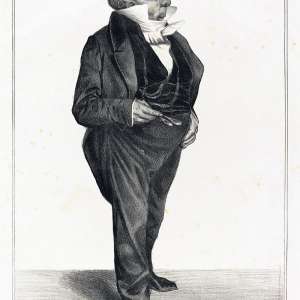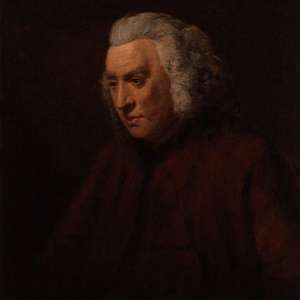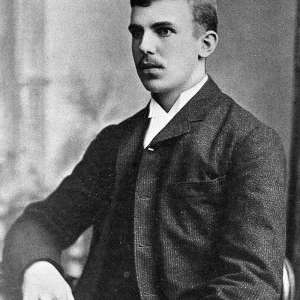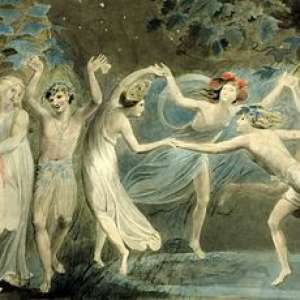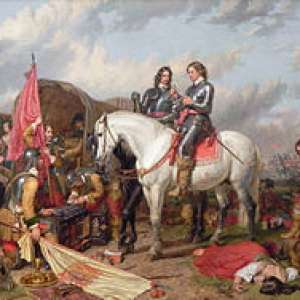
In 2013, a Prospect magazine profile of the UKIP leader Nigel Farage described the Brexiteer’s party in Chaucerian terms:
UKIP is indeed a rag-tag bag … of cussed, contrary, wilful, protesting, obstreperous, bantering Englishmen and women, the like of which have been with us all the way back to The Canterbury Tales … the descendants of the brazen and garrulous Wife of Bath and the boisterous but genial Harry Bailey, Chaucer’s Inn Keeper. These are very English archetypes …
This notion of the quintessential ‘Englishness’ of The Canterbury Tales (1387), authored by the ‘Father of English Literature’, has a long history. In 1400, Geoffrey Chaucer was buried in Westminster Abbey simply because he lived in its precincts; but 150 years later, he was reburied in a grand new tomb as the founder member of Poets’ Corner, becoming, almost literally, the cornerstone of English literature. Poets such as John Dryden claimed him as the ‘father of English poetry’, adding that his most famous poem, The Canterbury Tales, represented ‘the whole English nation’.


